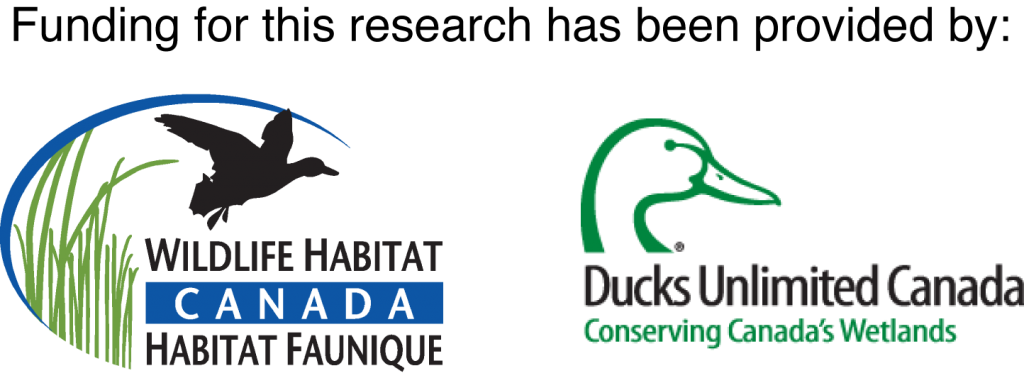Agricultural landowners in Alberta are an important stakeholder group for the conservation of wetland and upland habitats. Agricultural landscapes contain essential grassland and wetland habitat for game and non-game birds, critical ecosystem goods and services, and provide opportunities for hunting on private land. Wetlands are critical habitat features that support biodiversity and ecosystem services. Yet wetlands are being lost, which poses challenges for biodiversity objectives. Canada’s prairie farmers are critical stakeholders; conservation organizations have a history of collaborating with this community on sustainable agricultural practices that promote wetland conservation and restoration. However, uptake of these practices has met with variable success. Understanding the perspectives, attitudes and values of agricultural producers is critical for realizing prairie wetland conservation goals moving forward.
We will engage agricultural producers and organizations in Alberta to better understand decisions about wetland conservation. We adopt a social ecological systems approach to address the interaction of social, economic, governance, and ecological processes across spatial and organizational scales. The resilience and adaptive capacity of wetlands are influenced by the regulations that govern their use; adoption of these regulations are functions of the people using and managing landscapes. We will identify the drivers (e.g., motivations, incentives, external influences) of agricultural practices considered by landowners/managers to:
- Understand factors that influence wetland conservation practices.
- Develop explicit/transparent policy foundations for land-use practices that support wetlands based on data-supported evidence.
- Provide a framework for selecting wetland conservation management and policy alternatives.
- Identify land manager segments based on policy and practice preferences and engagement in the conservation of wetlands and ecological services.

